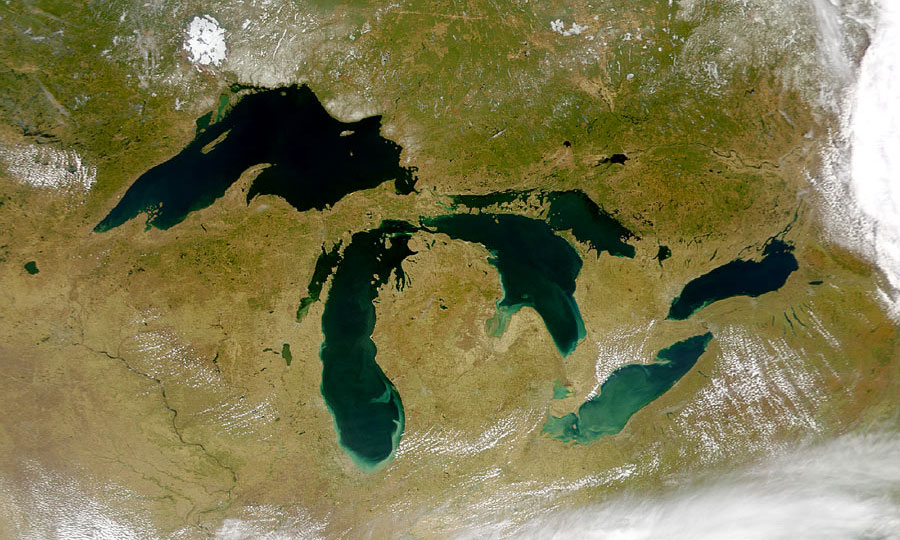According to the Organic Trade Association web site:
“In 1992, the Organic Trade Association implemented ‘Organic Harvest Month™,’ a widespread promotion of organic food and agriculture through regional and local events. The objective of Organic Harvest Month™ is to highlight organic agriculture and the growing organic products industry. September is also an ideal time for consumers and retailers to celebrate the bounty of the organic harvest.”
Organic agricultural methods are relevant to pollution prevention because they typically involve the use of fewer, non-toxic, more environmentally friendly pesticides, Integrated Pest Management (IPM), composting, the elimination of the use of antiobiotics and synthetic hormones, etc. To paraphrase the National Organic Standards Board definition of “organic” as presented on teh Organic Trade Association web site, “Organic agriculture is an ecological production management system that promotes and enhances biodiversity, biological cycles and soil biological activity. It is based on minimal use of off-farm inputs and on management practices that restore, maintain and enhance ecological harmony…Organic agriculture practices cannot ensure that products are completely free of residues; however, methods are used to minimize pollution from air, soil and water…The primary goal of organic agriculture is to optimize the health and productivity of interdependent communities of soil life, plants, animals and people.”
The Organic Trade Association web site provides a quick overview of organic agriculture and production; an overview of organic standards (including U.S., Canadian and other international standards); a section on public policy; several online directories for the use of consumers, organic product manufacturers and the agricultural industry; various fact sheets and links; as well as a newsroom, calendar and bookstore (which includes training materials, market research, and industry guidelines).
